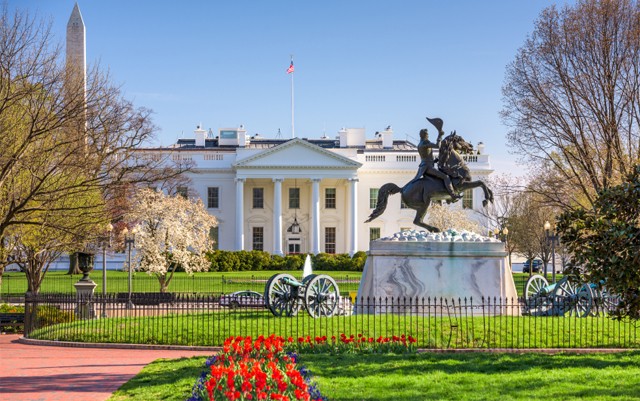There was an exciting (or so it seemed) development in Washington D.C. after the smoke out in front of the White House earlier this month. The activists who organized the smoke out were also the ones who managed to get the initiative that legalized marijuana in D.C. on the ballot. These same activists announced last week that they had been invited to the White House for what they were calling a “Bud Summit”, which they have been attempting to accomplish for quite some time.
Over the weekend, I’m sure they were anticipating a meeting with officials; a real discussion on reform and maybe even some debate on the issues. Whatever they were expecting, in the end their hopes were dashed when they found themselves in a conference room in a totally different building separate from the White House, talking to some junior-level staff members of President Obama’s Office of National Drug Control Policy.
From the time they entered the conference room until they left, only thirty minutes had passed. It appears that the meeting was more of a formality than anything else, which could be why their request of having other policy reform group leaders in attendance as well was denied. There was nothing debated, nothing resolved, and not even the slightest hint that there will be another meeting with the group.
“They didn’t say a lot; they took notes, maybe four pages’ worth,” said Adam Eidinger, the face of the D.C. marijuana movement, who dressed up for the visit in a black suit with a black-and-green marijuana leaf tie. “We asked questions, but they didn’t answer. . . . They nodded a lot. I think they understood us.”
As they exited the meeting, Eidinger and Schiller held a sign that read “President Obama, we need a higher level meeting!” When asked what they plan to do from there, Eidinger said “write more letters”, which is what they have been doing for quite some time. Unfortunately, it doesn’t appear to be making much of a difference during the Obama Administration’s time in office, considering he has made a point of stating multiple times that rescheduling marijuana is not on his agenda.
Depending on who takes office next, the DCMJ might have better luck during the next four years. There is also a chance that it will be less of an issue come mid-year as the DEA is supposed to make a decision on whether or not to reschedule marijuana in the Controlled Substances Act. On the other hand, they might simply decide not to change it at all for the time being and we will have to wait for July to know for sure.
It’s unfortunate to see that this meeting wasn’t as serious as it would have appeared at first – but every small step forward will still make a difference in the end.






